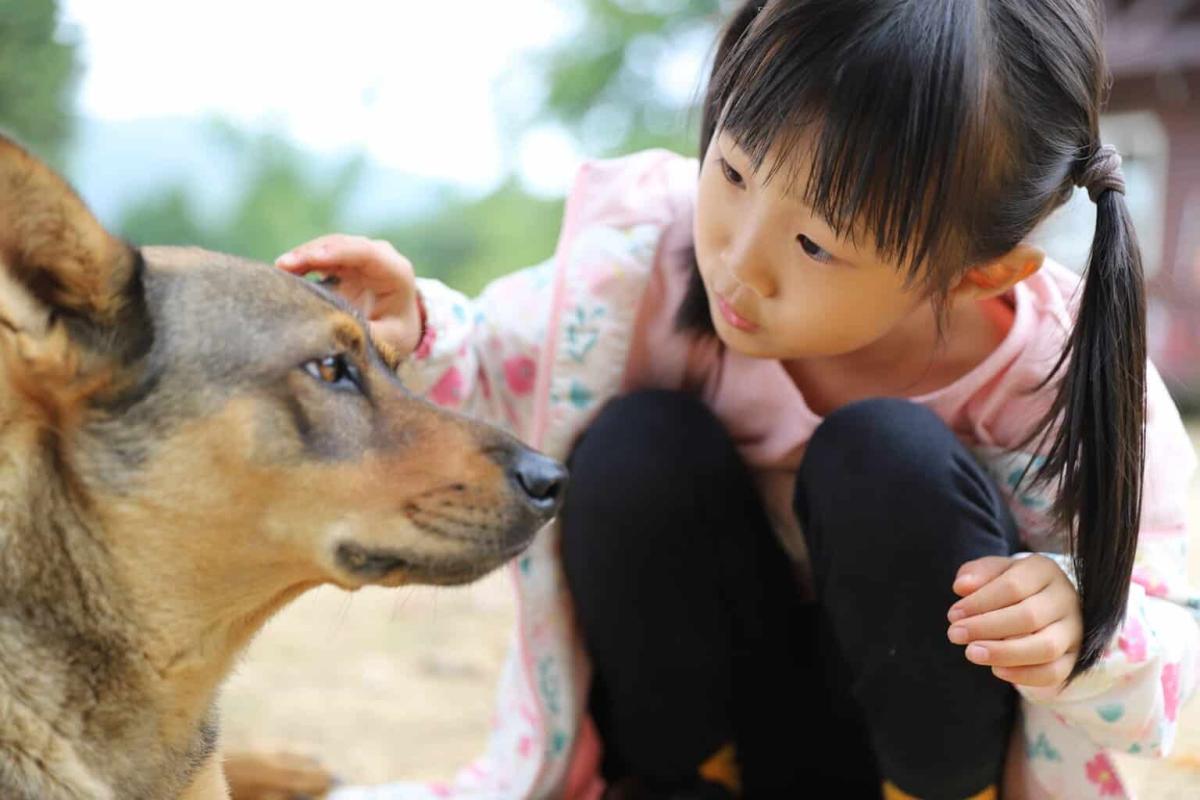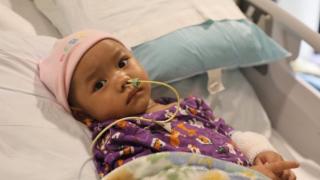
So far in 2025, Hennepin Healthcare has cared for eleven adults and five children with injuries related to animal attacks and most recently some devastating injuries due to attacks from dogs. These injuries can be scary, painful, and require immediate medical attention, but the good news is that most dog bites are preventable.
"These injuries can range from needing a few stitches and a tetanus booster or shot to life-threatening injuries," explains Dr. Eduardo Fastag-Guttman, Hennepin Healthcare pediatrician and trauma expert in the Pediatric Intensive Care Unit. "It's devastating to see these little ones go through such traumatic experiences that oftentimes are so preventable and unexpected. It is happening too often, and we need to raise awareness."
Whether you're a dog owner, a parent, or someone who just enjoys being around animals, understanding canine behavior and knowing how to interact with dogs safely can make a significant difference.
Why Do Dogs Bite?
- Fear or anxiety: A dog might bite if it feels cornered, startled, or threatened.
- Pain or illness: Injured or sick dogs may react defensively.
- Possessiveness: Dogs may guard food, toys, or territory.
- Maternal instincts: A mother protecting her puppies can be extra sensitive.
- Rough play: Overstimulation or confusion during play can lead to bites.
Understanding what may trigger a dog to bite can help avoid those situations, including ones where they feel the need to defend themselves or their pups.
Know the Warning Signs
Before a dog bites, they will usually give warning signs. Learn to recognize these body language cues:
- Growling or snarling
- Showing teeth
- Stiff body posture
- Pinned-back ears
- Lip licking or yawning (when not tired)
- Avoiding eye contact or trying to walk away
Tips for Parents and Kids
Unlicensed home breeding settings pose an increased risk for dog bites, especially to children, due to a combination of environmental, behavioral, and regulatory factors.
"These environments often lack the structure and safeguards that protect visitors and ensure dogs are properly socialized," shares Dr. Fastag-Guttman. "We strongly discourage parents from bringing their children to these homes."
Children are the most common victims of dog bites, often because they don't know how to read a dog's cues. While it's a parent's responsibility to protect their young children around pets, if the child is old enough, teach them to:
- Always ask before petting someone else's dog.
- Avoid hugging dogs or putting their faces close.
- Never disturb a dog that's eating, sleeping, or caring for puppies.
- Let dogs sniff their hands before petting them.
- Stay calm and quiet around dogs, no screaming or sudden running.
Tips for Dog Owners
As a dog owner, you have a responsibility to keep others safe and your dog comfortable.
- Socialize early: Gradual exposure to people, other dogs, and new environments helps dogs feel more confident.
- Use positive training: Reward good behavior and avoid harsh punishment.
- Supervise interactions: Never leave young kids alone with a dog.
- Watch for stress: Know your dog's limits and remove them from stressful situations.
- Secure your dog: Use leashes in public and make sure your yard is escape-proof.
If a dog bite occurs:
- Stay calm and take the victim to safety.
- Wash the wound with soap and water.
- Seek medical attention, especially for puncture wounds or bites on the face or hands.
- Report the bite to local authorities if needed, especially if the dog is unfamiliar or unvaccinated.
- Assess the situation to understand what led to the bite and how to prevent it from happening.
Most dogs are loving companions who want nothing more than to coexist peacefully with people. By learning how to read their signals and respect their boundaries, we can build safer, more trusting relationships, one step at a time.
Whether you're a lifelong dog lover or meeting your first pup, a little awareness goes a long way.
"Dogs are truly our best friends – and we even have one as our hospital mascot – but like any animal, they need to be treated appropriately and understood," said Dr. Fastag-Guttman. "And children should be supervised at all times around them."
For more than 125 years, Hennepin Healthcare has successfully taken care of critically injured and ill children. That experience makes a huge difference when a child's life is at risk. HCMC is a Level I Pediatric Trauma Center with the right people and equipment in place, ready to care for critically injured children from the time of injury through rehabilitation.



